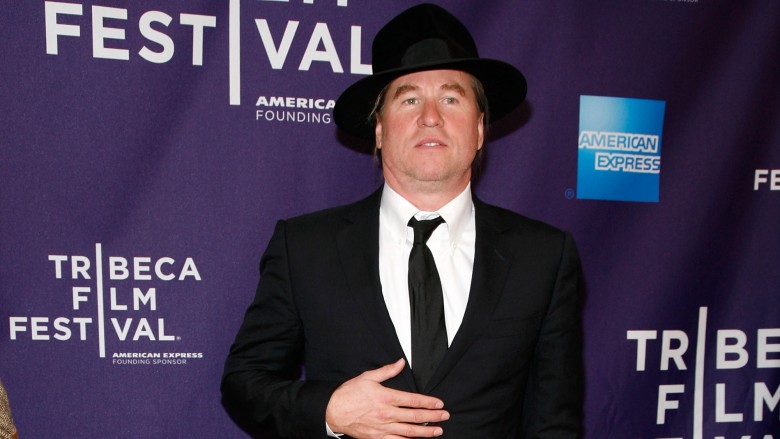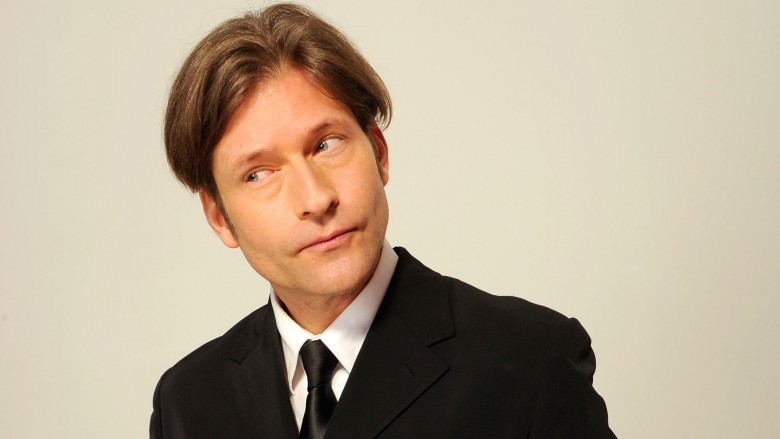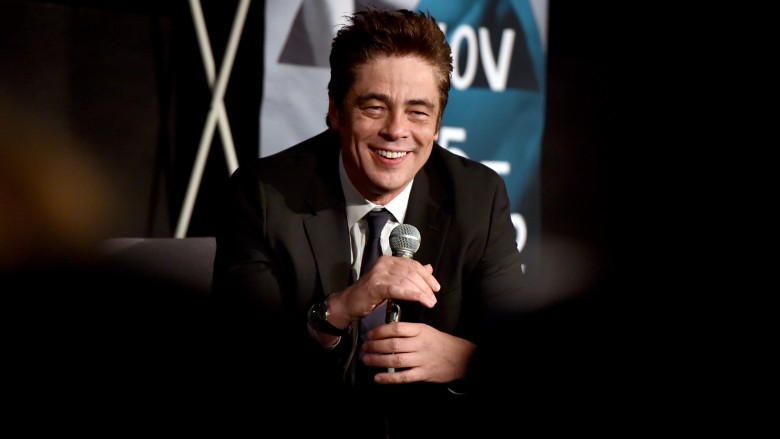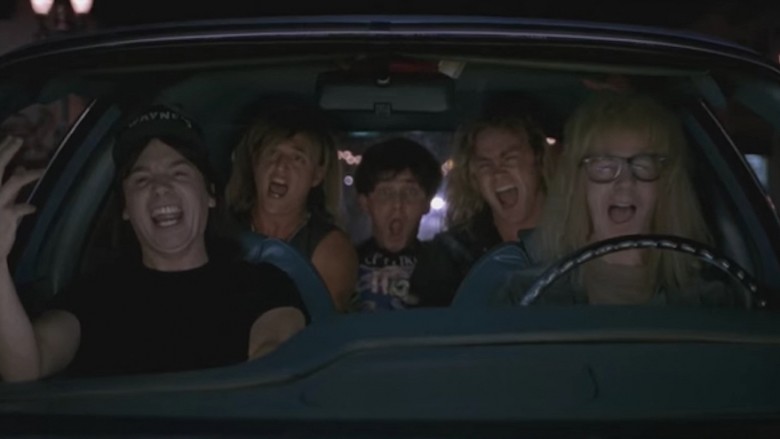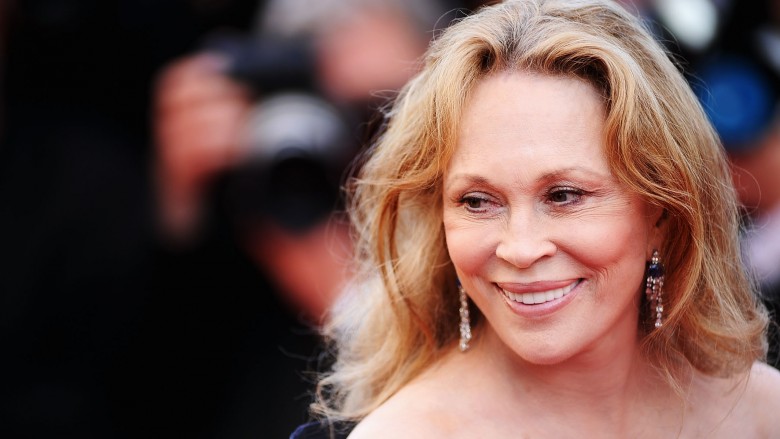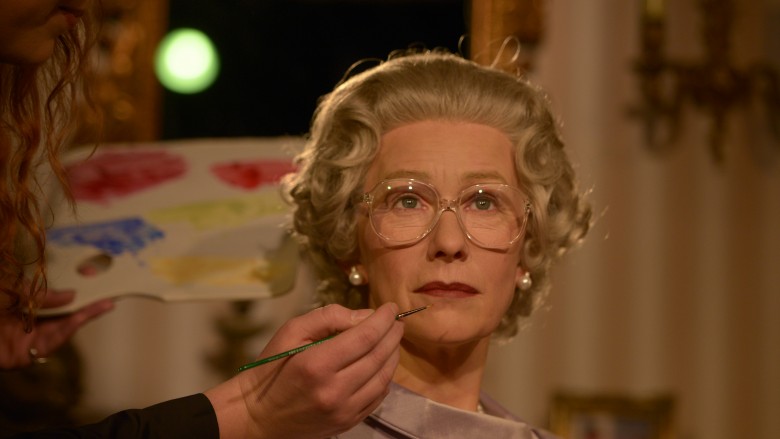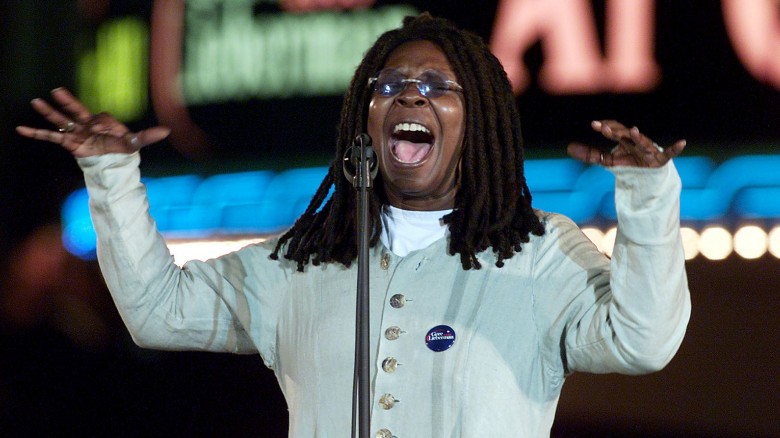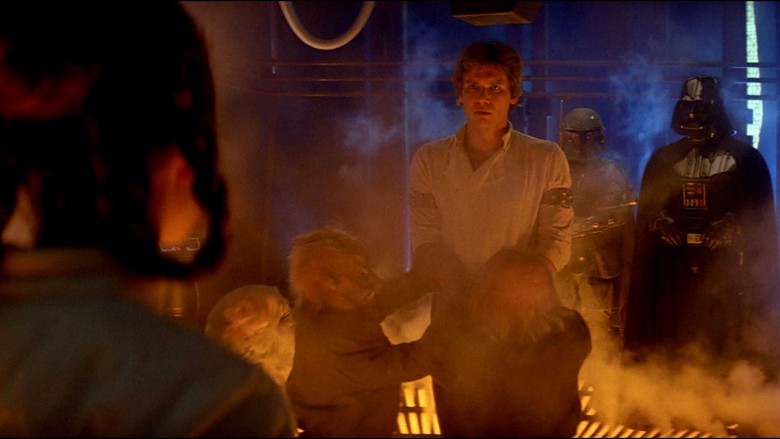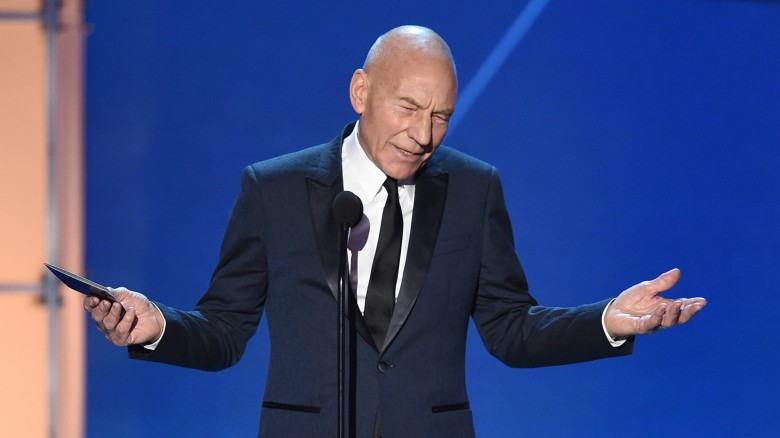Stubborn Actors Who Made Huge Changes To Movies
We may receive a commission on purchases made from links.
Movie stars who insist their characters "would never say that" tend to sound like divas. Shouldn't they be happy to read lines for millions of dollars? Yet often, actors who've flat out refused to follow the script ultimately made the films much better for it. Most of these movies wouldn't have been quite as entertaining if their stars had simply done what they were originally told—although there are definitely still a few divas in the bunch.
Val Kilmer - The Island of Doctor Moreau (1996)
The Island of Doctor Moreau was plagued with a lot of problems bigger than Val Kilmer, but he certainly didn't help things. Kilmer originally signed on to play one of the lead roles, then decided he was too busy and needed his part to be cut down by 40 percent—and even though the filmmakers acceded to his wishes, he still had a pretty bad attitude. Kilmer constantly questioned director Richard Stanley's choices, ultimately getting Stanley fired from the project, and insisted that other characters' lines be cut because he didn't like "no name" actors stealing focus. It's one thing to refuse your own lines—it's quite another to refuse other actors' lines for them.
Crispin Glover - Charlie's Angels (2000)
Crispin Glover is known for being a bit eccentric but always giving a good performance, and this story does absolutely nothing to change that reputation. When it came to Charlie's Angels, Glover had a pretty extreme idea: when he read the script, he thought all his lines were either boring exposition or just plain terrible, so he asked director McG if he could not speak at all and play the character as a mute. McG agreed, and Glover instantly cut his line memorization time for the film to zero.
Benicio del Toro - The Usual Suspects (1995)
Benicio del Toro played lots of small parts before he landed The Usual Suspects—and though he wasn't famous yet, he always made big, bold choices. His agent got complaints about how strangely he'd play his roles, but eventually, it helped him achieve his career breakthrough.
On Inside the Actor's Studio, del Toro talked about his process for Usual Suspects. "I read the script and I realized that the purpose of the character was that he was the first one to die. So then, every line he said didn't really affect the plot," he explained. "So I sat down with [director] Bryan Singer and I said, 'It really doesn't matter what this guy says. And if you allow me to, I think we should allow me to do something with it.' And he said, 'go ahead.'"
Singer didn't realize that meant del Toro would speak with an almost unintelligible accent for the entire film. But he trusted the choice, and though you can hardly understand a single line, the part launched del Toro to stardom.
Mike Myers - Wayne's World (1992)
Mike Myers took the character of Wayne in Wayne's World very seriously, even getting into a huge fight with director Penelope Spheeris and producer Lorne Michaels over the movie's memorable "headbanging in a car" scene. Spheeris wanted to use a current-at-the-time Guns N' Roses song, and Myers was adamant that they instead use "Bohemian Rhapsody" by Queen. Myers was so sure Queen was the right move, he threatened to quit the film if they made him rock out to any other song. Though it was a bit dramatic, he was right: the "Bohemian Rhapsody" scene is an iconic comedy classic that brought Queen back to the upper reaches of the charts despite the song being nearly 20 years old.
Faye Dunaway - The Temp (1993)
Faye Dunaway has been rumored to be "difficult," but the only script change she straight-up refused was in 1993's The Temp. The film revolves around an office plagued by mysterious accidents and murders; in the original script, the temp is the killer, and Dunaway dies after learning her secret. After shooting, director Tom Holland wanted to redo the ending and make Dunaway's character the killer, but she refused to do the reshoot. In the end, the director agreed with Dunaway's choice, and her character remained an innocent victim.
Helen Mirren - The Queen (2006)
Helen Mirren went deep into her portrayal of Queen Elizabeth II, to the point that she wanted to soften some of her sharper lines to show more of the humanity of the royal figure. In a scene when Prince Charles is worried about the people of Britain turning against the royal family for their treatment of Princess Diana's death, he asks, "Why do they hate us so much?" The original reply from the Queen was to correct Charles by saying "You," placing all the country's anger on her rattled son. Mirren asked to change it to the more subtle, "Not 'us,' dear." It's a tiny change, but shows a much softer touch—and proves Mirren is great enough to realize a single word can make a world of difference.
Whoopi Goldberg - Theodore Rex (1995)
Whoopi Goldberg originally agreed to do Theodore Rex, a film about a dinosaur and a cop partnering up to fight crime, but when the tone went from darkish police comedy to silly children's film, she decided she wanted no part of it. Goldberg went to court to be released from her contract, but the court sided in the production's favor, and she had to show up on set completely against her will. (She did pocket an extra $2 million as a result of the settlement, so don't weep for Whoopi.) After all that strife, the film did terribly with test audiences and was ultimately only released to home video. You know a movie is bad when an actor sues to keep from saying her lines.
Harrison Ford - The Empire Strikes Back
A lot of people think Harrison Ford improvised his "I know" response to Princess Leia's "I love you," but that's not quite true. The original script had the two kiss, then Leia say "I love you. I couldn't tell you before, but it's true," with Han responding "Just remember that, 'cause I'll be back." Ford didn't like the dialogue at all—he thought it was too stilted and flowery. He wanted to shorten the moment to Leia just saying "I love you" as Han passes, but decided at the last minute to add his now-iconic response, "I know." Ford's co-star Carrie Fisher was initially annoyed that he'd tinkered with the script without telling her first, but director Irvin Kershner liked the change—and although Star Wars mastermind George Lucas was against the new line at first, he changed his tune after seeing a test screening audience's reaction.
Patrick Stewart - Star Trek: Insurrection (1998)
Patrick Stewart had played Captain Picard for over a decade by the time 1998's Star Trek: Insurrection was made. He knew the character pretty well, in other words, and wasn't afraid to disagree with anyone involved in the franchise if he felt they were taking Picard in the wrong direction. Michael Piller was hired to write the Insurrection script and seemed like a great fit, since he'd written for Star Trek: The Next Generation, but Stewart didn't like the results. In Piller's book Fade In: The Making of Star Trek Insurrection, he included a letter Stewart sent him after the first reading.
"It has no surprises. It has no scale. It has little humor. And what it has is cliched and tired. It has no romance. It is not sexy. It breaks no new ground. It under-uses our cast. It has little fun. It is dull," lamented Stewart. "I have taken detailed notes on the story but really I feel that there is so little for us here to even start work on. I am very sorry my reactions are so negative, but they are so because my hopes to make this a superb film are so high."
In the end, Piller had to rewrite the entire plot because of Stewart's notes—not that it helped make the end result a hit with critics.
Marlon Brando - Apocalypse Now (1979), The Score (2001), and The Island of Doctor Moreau (1996)
Marlon Brando is the king of refusing lines. In Apocalypse Now, Brando showed up on set weighing about 300 pounds (at least 50 more than the filmmakers expected). Plus, he didn't know his lines or have any clue about the character he was playing. After director Francis Ford Coppola tried to explain the story and work with Brando's ideas, Brando decided he'd just improvise all his lines instead.
More than 20 years later, he was just as ornery. During filming of The Score, he repeatedly called director Frank Oz "Miss Piggy" (since Oz voiced many of the Muppets characters) and would refuse to take direction from him. Robert De Niro had to act as a go-between for the director and star. To top it all off, Brando and some of his castmates insisted on numerous script revisions.
Full circle: during filming of Brando's last major role, The Island of Doctor Moreau, he admitted to castmate Fairuza Balk that he'd never read the script. He also demanded a much bigger part for the role of his sidekick, played by a non-English speaking dwarf, and tried to change the script so his human doctor character was actually a dolphin.

